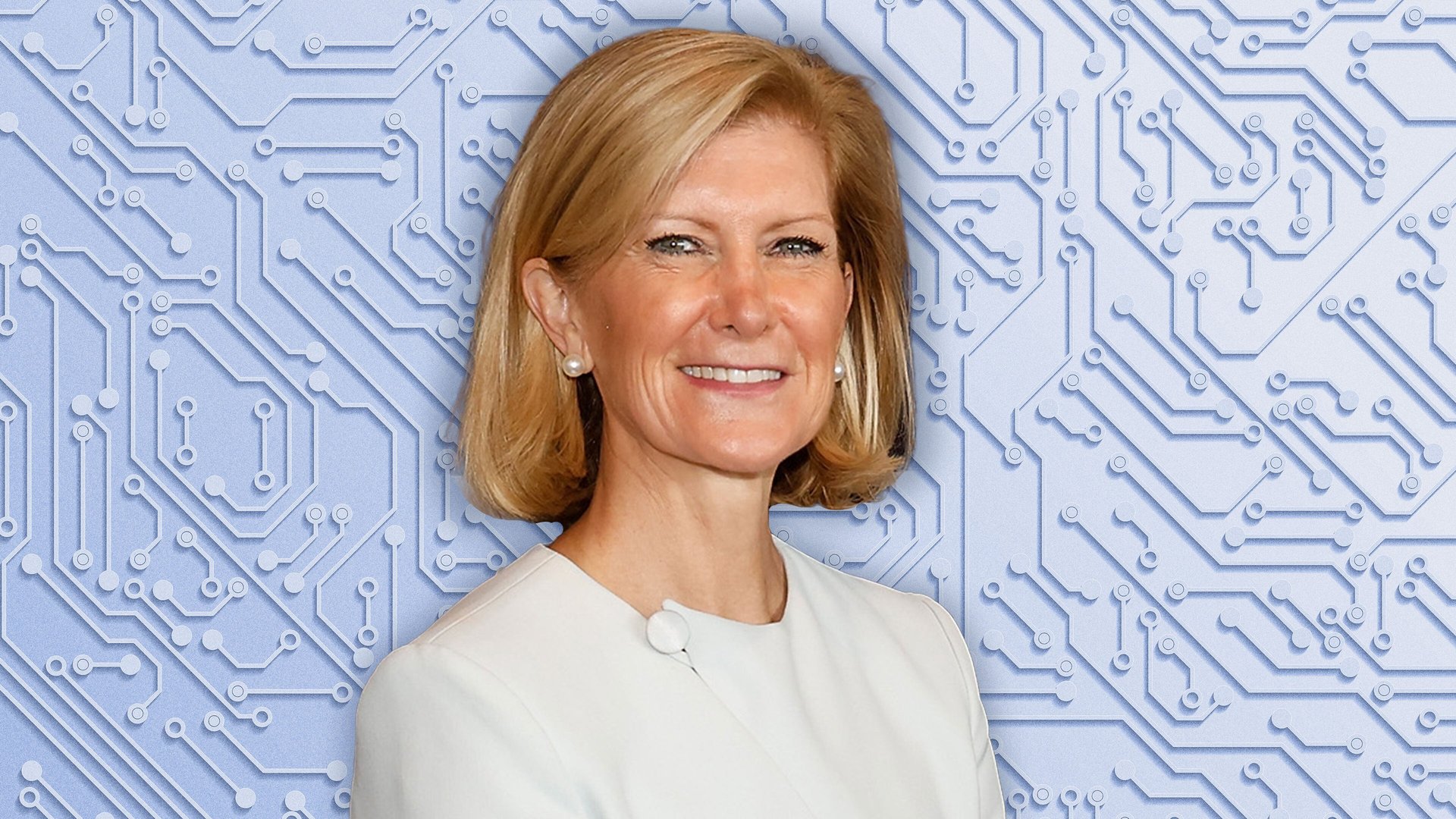JPMorgan Chase is training every new hire on AI
Employees will receive "prompt engineering training to get them ready for the AI of the future”

New hires at JPMorgan Chase are being trained to take on the growing potential of artificial intelligence, as the bank continues to establish itself as a leader in the space.
Suggested Reading
“This year, everyone coming in here will have prompt engineering training to get them ready for the AI of the future,” said Mary Erdoes, head of the bank’s asset and wealth management division, at its investor day Monday.
Related Content
Company president Daniel Pinto said at the event that the technology will be “very, very impactful” for the bank’s 60,000 developers and 80,000 operations and call-center employees, which comprise almost half the company’s headcount. He added that AI use cases at JPMorgan are roughly valued at between $1 billion to $1.5 billion.
The largest U.S. bank by assets has been at the forefront of AI adoption within the banking sector, hiring its head of AI research back in 2018. It has ranked no. 1 in both of Evident’s AI Index reports, which rank the progress of the world’s 50 largest banks as they incorporate and advance AI.
JPMorgan currently has the greatest volume of AI talent, with nearly six times more AI staff than the average bank, according to Evident. JPMorgan employs 11.5% of all existing AI talent within the banking industry, a recent Evident report found.
According to Erdoes, JPMorgan bankers have reduced the time they spend “hunting and pecking,” using AI to call up information on potential investments and accelerate their decision-making. This has helped save some analysts between two to four hours of work each day, she said.
She also said the company rolled out a large language model, dubbed ChatCFO, on Friday, that will support the work of JPMorgan’s finance team.
In his letter to shareholders last month, JPMorgan CEO Jamie Dimon likened the “extraordinary and possibly transformational” consequences of AI to that of the “printing press, the steam engine, electricity, computing and the Internet, among others.”
In the past year, JPMorgan has grown its “AI organization materially,” Dimon said in his letter last month. It now has more than 2,000 AI and machine learning (ML) experts and data scientists — more than double the 900 reported last year — and more than 400 use cases in production across areas including marketing, fraud, and risk.
